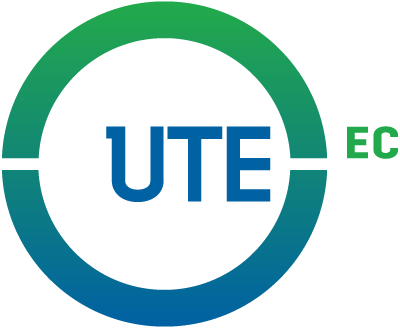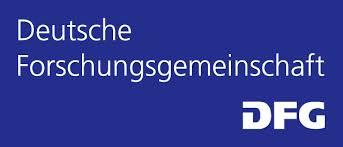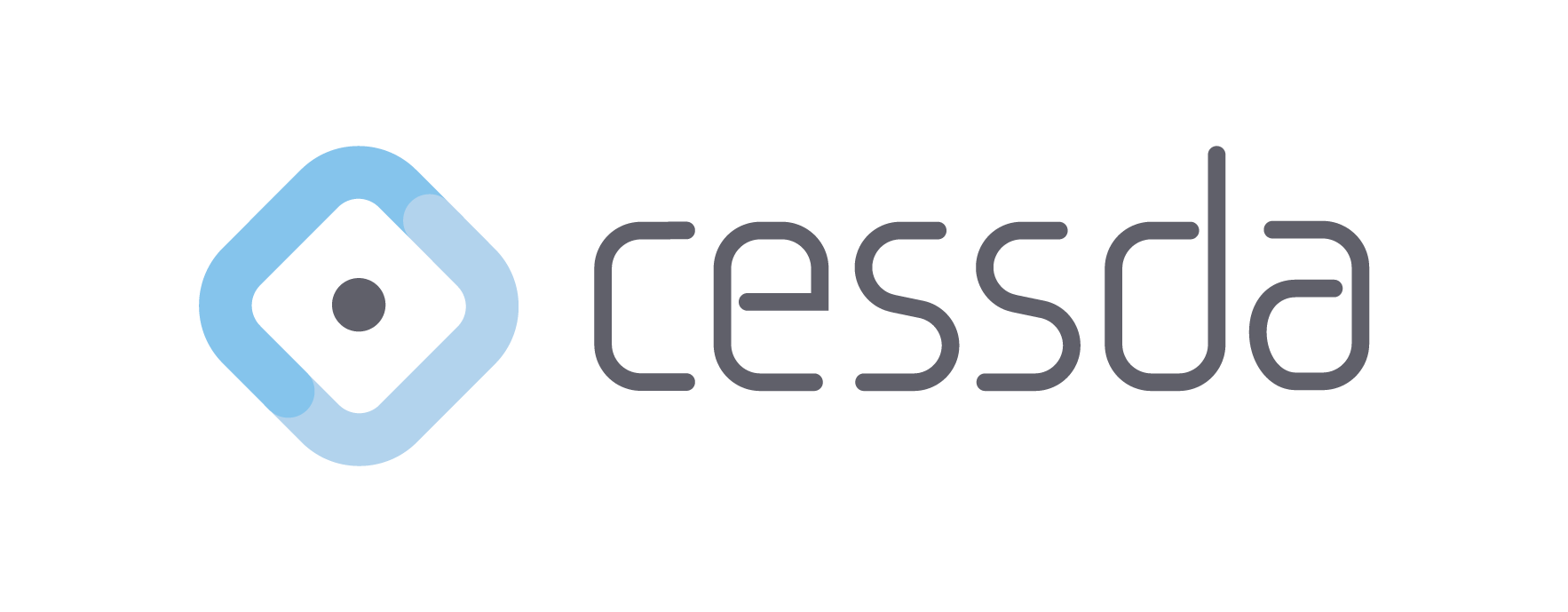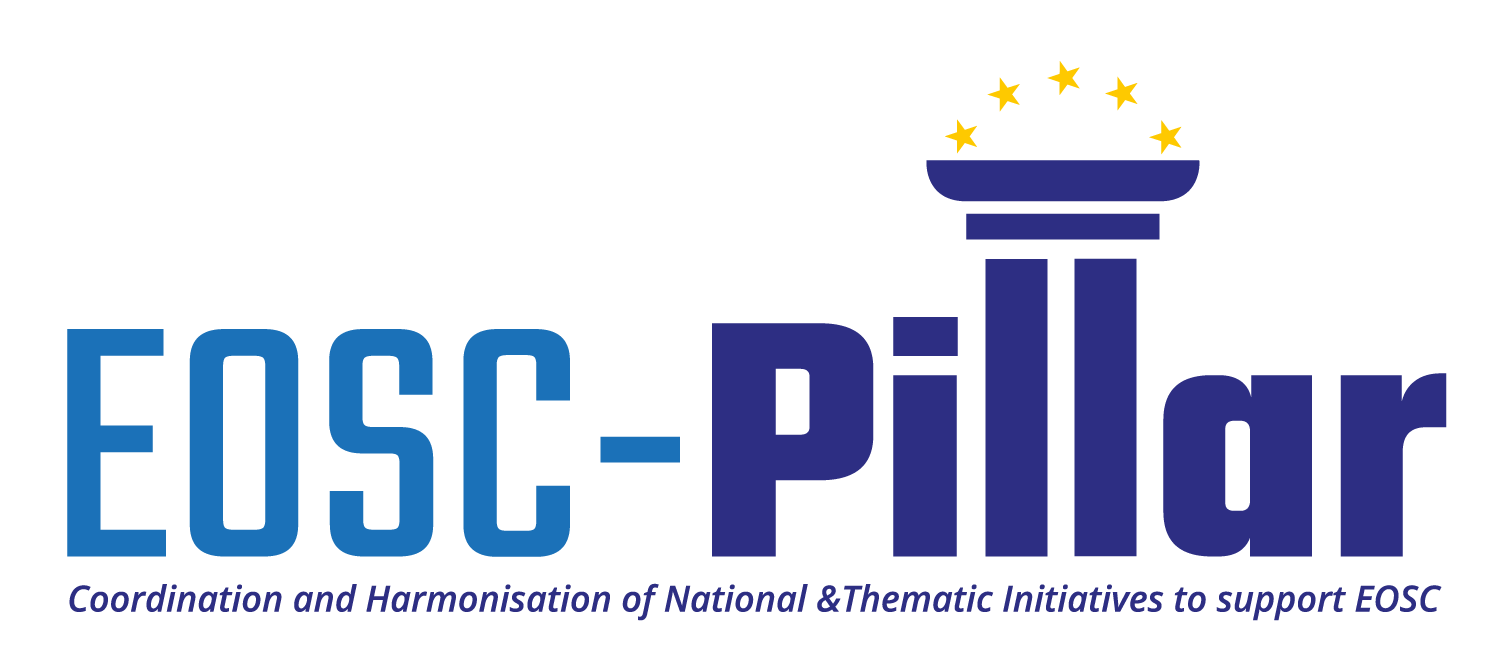
Data stewardship resources
Found: 37 Data stewardship resource/s

Legal instruments and agreements before collecting data
Utrecht University provides an overview of possible legal instruments and agreements that might be necessary to establish prior to data collection. The information is provided in a user friendly approach departing from the perspective of different stakeholders perspective: data subject, third party and data reuser. It then provides extended details of what it instrument entails with further guidance, templates or examples for each case.

A quick guide for using Microsoft OneNote as an electronic laboratory notebook
This guideline helps researchers to use OneNote as an Electronic Laboratory Notebook (ELN). It provides tips to adapt OneNote to an ELN workflow with a focus on the biomedical sciences, which can be adjusted to other nonscientific ELNs. It covers several topics such as how to structure and label experiments, data acquisition and representation. It also provides relevant recommendations on how to approach data storage and security to comply with applicable legislation.

Anticipating the costs of research data management
The University of Bristol has elaborated brief but complete guidelines to anticipate data management costs in a research project, so that these can be included in research funding applications. The guideline provides approximated costs of different activities at different stages of the research data lifecycle.

Case studies: good and bad RDM practices
The Library service of Standford University has compiled a series of case studies with examples of good and bad practices about different RDM topics, such as file organization and naming, data storage, metadata, spreadsheets and publishing data online. The examples explain the consequences of bad practices and provide solutions.

Chemotion Electronic Laboratory Notebook
Chemotion is an Open Source Electronic Laboratory Notebook for chemical researchers. The Chemotion ELN is equipped with the basic functionalities necessary for the acquisition and processing of chemical data, in particular the work with molecular structures and calculations based on molecular properties. The ELN allows the search for molecules and reactions not only within the user’s data but also in conventional external sources as provided by SciFinder and PubChem. The ELN provides tools to share data in the Chemotion Data Repository. More information available at: Tremouilhac, P., Nguyen, A., Huang, Y. et al. Chemotion ELN: an Open Source electronic lab notebook for chemists in academia. J Cheminform 9, 54 (2017). https://doi.org/10.1186/s13321-017-0240-0

Compilation of data sources per research discipline
The Southern Methodist University has compiled a list of recommended resources to find existing data, together with a list of sources categorized by research discipline.

Curated list of funder requirements
The University of Bristol has compiled a curated list of funders’ requirements. They have opted for a standardized checklist of requirements, which covers aspects such as whether a DMP is required during the application, whether a repository is recommended by the funder, whether the compliance of the policy is monitored or not, what is the minimum preservation timeframe required, etc. For each of the funder, an extensive document with specific guidelines has been created.

Curated list of publishers data availability requirements
Radboud University has created a spreadsheet which lists the journals (and respective publisher) where their affiliated researchers publish more frequently. For each publisher a categorized list of data availability requirements is given (e.g. “Obligatory”, “Encouraged”, “Upon request”, “Optional as supplementary material”). In the spreadsheet, a link to the publisher’s policy page for additional details is provided.

Data Cleaning with Open Refine for Ecologists
Data Carpentry has developed this course of data pre-processing with Open Refine, an open tool to work with data. The course covers several topics such as error correction and data formatting and harmonization.

Data processing recommendations for Social Sciences
The CESSDA (Consortium of European Social Science Data Archives) Data Management Expert guide provides a specific chapter about processing data, which includes tips and examples on topics such as quantitative and qualitative coding, adequate weights of survey data and data quality assurance.



